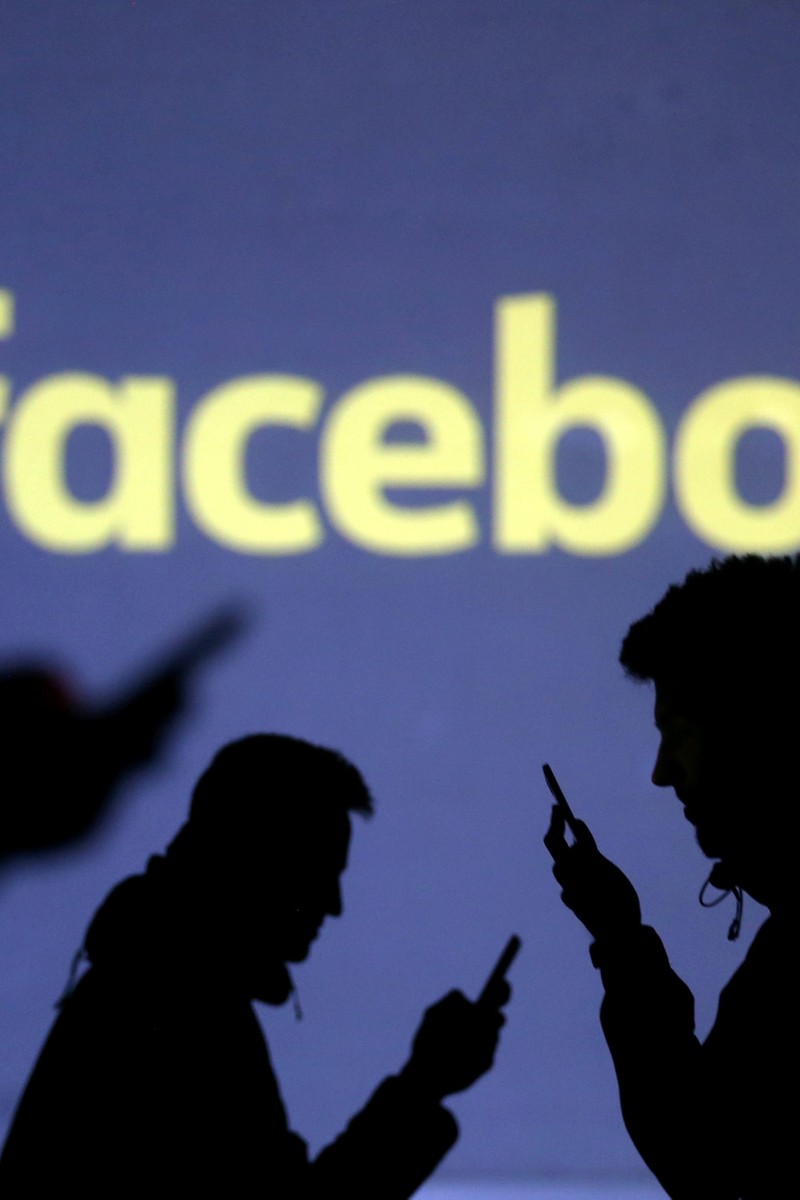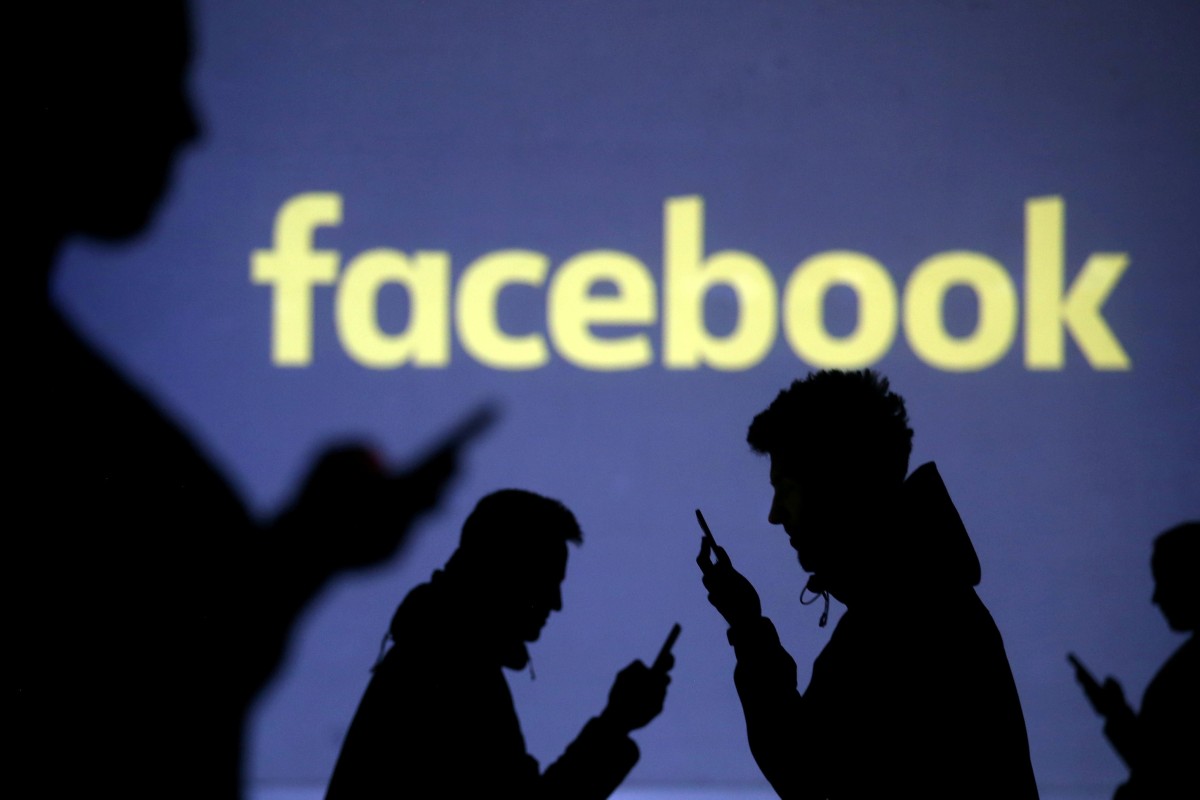
After the Cambridge Analytica scandal, Mark Zuckerberg needs to show us the social media giant will change
Given that their private information is at stake, people have the right to expect answers from Facebook
 Can we trust Facebook to be careful with our data after the Cambridge Analytica breach?
Can we trust Facebook to be careful with our data after the Cambridge Analytica breach?Fake news, censorship, and now invasion of privacy. Facebook is currently embroiled in the biggest scandal it has ever faced. On April 10, Facebook CEO Mark Zuckerberg testified before the US Congress about the Facebook-Cambridge Analytica data breach, in which the data of 87 million Facebook users was shared with a third party, mostly without the users’ consent. It was then used to influence political campaigns – particularly the 2016 US presidential election.
Zuckerberg’s testimony was disappointing. He stated that his company respects users’ ownership of their information. Yet, the recent data breach suggests otherwise. Since Facebook generates most of its revenue from advertisements, their use of data to target advertisements at certain users is understandable, but it does not justify sharing that information with a third party.
Zuckerberg also said that his company welcomes appropriate government regulation, and he will “follow up with his team”. I believe such a response is inadequate, because the scandal involves millions of people. In an open hearing, the public expects to know Facebook’s position or at least hear some solutions to the problem, not merely promises that “Facebook will take care of it”.
On the other hand, social media is a rapidly developing technology, and we cannot expect quick decisions on the relevant regulations. Before we criticise Facebook’s use of personal information, we must appreciate the things that make Facebook unique. For example, it personalises the content we see, including advertisements, using our digital trails. This helps to provide a better user experience. As Zuckerberg said before the Congress, most people do not like advertisements, but if they are unavoidable, they would rather see ones that are relevant to them. Therefore, the crux of the problem is how to strike a balance between protecting our privacy and personalised internet experience.
I believe Facebook should not give users’ data to third parties that do not offer any services to those users. If it is necessary to share data, the information should not be personally identifiable and should be destroyed after use. It would also be wise for Facebook to deny any information to political organisations. There is a huge difference between personalised services for political reasons and for commercial or entertainment purposes.
Given that the objective of social media is to connect with friends or relatives, people are more inclined to share private information. It is inappropriate to manipulate that information for the purpose of imposing ideas on the general public.
With the scandal still very much in the news, Facebook users must be more aware of their online presence. While we have to use our personal data to gain access to some websites, we must be on our guard when it comes to personalised online services. Now, more than ever, it is essential to use our critical thinking skills to look at things as they are, not how people portray them to be.
